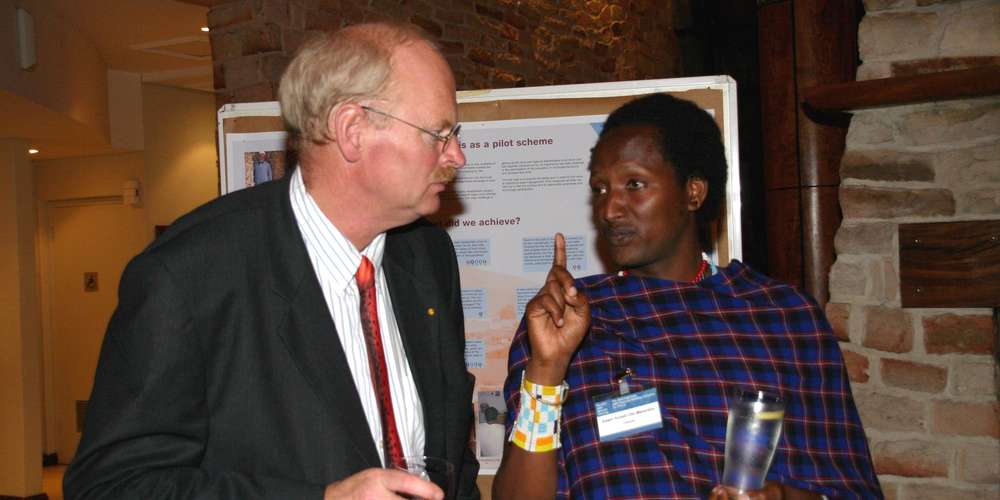
Indigenous Peoples and Local Communities (IPLCs)
In their capacity as traditional knowledge holders, indigenous peoples and local communities (IPLCs) are an important stakeholder group in the Access and Benefit Sharing (ABS) process.
The co-evolution of biological and cultural systems highlights the inseparability of traditional knowledge and genetic resources. This knowledge is often a precursor to the wider use of these genetic resources and the subsequent exploitation of their specific properties for commercial ends.
IPLCs face many challenges, social marginalisation based on culture and language being the most prominent. They often struggle for recognition of their status and rights. From within this weak position they are forced to negotiate with government and private sector representatives for fair and equitable benefit sharing, in particular for adequate Prior Informed Consent (PIC). It is therefore essential that they stand on equal footing with their counterparts.
This is all the more important as local small and large scale enterprises can contribute to conserving biodiversity and improving livelihoods if they are integrated into value chains based on ABS principles.
The ABS Capacity Development Initiative supports IPLCs by enhancing their capacity to prepare for international negotiation and respond to requests for access to their genetic resources and associated traditional knowledge.
Biocultural Community Protocols (BCPs) are an important tool to prepare IPLCs for negotiations.
Biocultural Community Protocols (BCPS)
Biocultural Community Protocols (BCPS)
Under Access and Benefit Sharing (ABS) regulations, an enterprise must request access approval from the indigenous People/ local community (ILC) holding ownership over a genetic resource and its related traditional knowledge before bio-prospecting.
In return, the enterprise guarantees the IPLC a share of the benefits. Prior Informed Consent (PIC) and Mutually Agreed Terms (MAT) are the bases for agreements between users and providers of genetic resources.
Before entering into agreements, however, communities must be aware of their rights deriving from customary, national and international laws and policies.
Creating Biocultural Community Protocols (BCPs) allows IPLCs to reflect on their way of life and linkages to the legal and political environments. Some of the questions are: How are their customs integrated into the legal system? Are customary rights recognized by state law? How can they best defend their customary rights? What are their options to participate in policy making processes?
For the ABS process it is of specific significance to generate BCPs, as they can clarify the decision making process within the community, including who has the authority to enter into agreements on their behalf.
In the BCP process, IPLCs develop a joint understanding of their rights amidst the tension between customary and formal law.
BCP methodologies include participatory discussion, mapping, video, photography, arts and theatre.
The ABS Initiative actively supports IPLCs in the creation of such protocols.
- BCPs
- Natural Justice
- BCP Film




